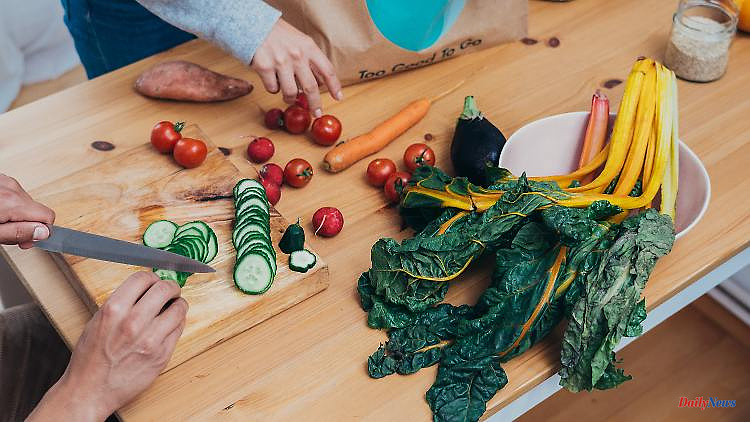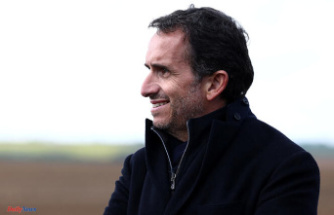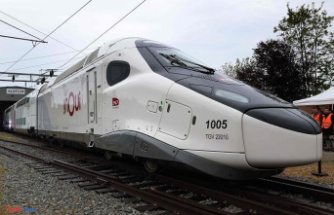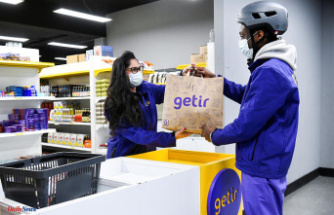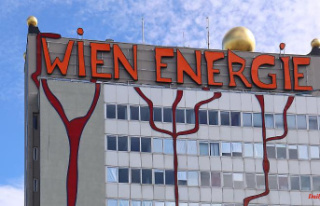With the "Too Good To Go" app, restaurants, bakeries, supermarkets and cafés can offer surplus food to customers who collect it themselves at a discounted price. Customers order via an app and can pick up their portion in the store within a specified time slot. As food prices rise, more and more people have to watch every penny in the supermarket. In an interview with ntv.de, Managing Director Hennen explains the effects of inflation on the business model.
ntv.de: In the supermarket, people have to dig deeper and deeper into their pockets. With Too Good To Go, consumers can buy discounted groceries that would otherwise end up in the trash. Is inflation spurring on the business model?
Wolfgang Hennen: Our business model is a win-win situation. If not a win-win-win situation. Our partner companies can still sell food that they would otherwise throw away and the customer gets significantly reduced goods that are of absolutely fine quality and the environment also benefits from this. That has always been the strength of our business model. In fact, what we are finding is that inflation is bringing the issue of food waste even more into focus on all sides. Both companies and consumers now have to pay even more attention to their costs than before. We are definitely noticing an increased interest in saving food.
So you're seeing a higher number of users since food prices went up?
We have always had very strong growth. This year we went from 20,000 meals saved daily to 30,000 meals in the first six months. The growth is thus stronger than last year. This is probably indeed due to inflation on the one hand, but also to the fact that awareness of food waste and climate change in general is increasing on the other.
Some affiliates are said to be using Too Good To Go to attract additional customers rather than to give away leftover groceries. does this annoy you?
We are in regular contact with our contractual partners and monitor this. Of course we want to save food that would otherwise end up in the bin. But we would find that if the volumes were exorbitantly high compared to the rest of the segment. So far we haven't.
What do you say to critics who say "Too Good To Go" only treats the symptoms of food overproduction?
The system itself is very inefficient. A third of the food produced is wasted along the entire value chain. The symptoms are varied. We are in contact with a wide variety of participants. For example, more than half of all food waste occurs in households - in your own fridge. With the help of campaigns such as "Often good for longer", we raise consumer awareness. We are also in contact with producers and political parties to change legislation. We see ourselves as an impact company and our mission is to reduce food waste wherever it originates.
The business model works through a commission. If food prices go up, will commissions go up too?
The partner company decides for itself what it offers for what value of goods. This is usually around twelve euros. What we recommend is that companies sell their goods at 30 percent of their original value. In this sample calculation, the company gets 3 euros, the customer gets goods 30 percent cheaper and we get around 1 euro. From this we maintain the technology, because it is free of charge for all participants, and we invest in educational campaigns. Of course, we also monitor the price development. However, our business model is hardly affected at all by the current price increases because we have hardly any energy or transport costs.
Your company wants to be in the black by the end of 2022. How are the plans?
The plans are very good.
What role does inflation play in this? When people discover Too Good To Go's app due to increased food prices, do you benefit?
To put it this way, if we didn't have the additional growth that we're seeing right now, we'd still be in the black by the end of the year.
Juliane Kipper spoke to Wolfgang Hennen

